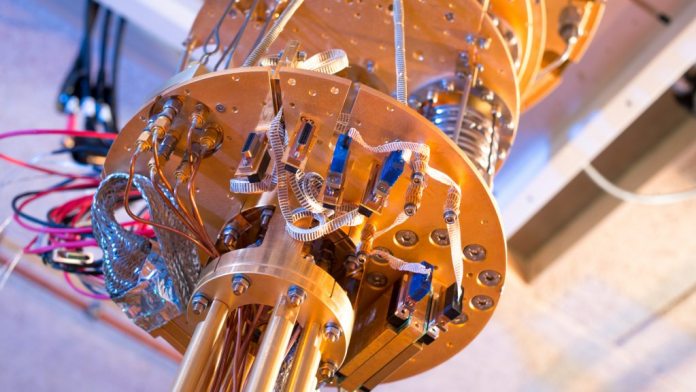To do so, it’s partnering with 1Qbit, Honeywell, IonQ, and QCI for hardware and software integrations. Though quantum computers aren’t ready for day-to-day use, developers can use of quantum programming language Q# and the Quantum Development Kit (QDK) to test algorithms on both simulators and quantum hardware. How useful that quantum hardware will be is another story. Three types of prototype computers are available from Honeywell, IonQ, QCI. They’re all likely to have issues with performance and stability, but it’s a way for developers and enterprises to get prepared.
Making Stable Qubits
Quantum computing depends on the creation of qubits, a version of the classic computer bit that can exist in a state of 1 and 0 at the same time. Microsoft has previously announced success with an elusive particle called the Majora fermion, used to spin topological qubits that it believes will have less noise and be more scalable. Alongside the Azure Quantum announcement, it announced a major success out of its Quantum Lab at the University of Sydney. Thanks to breakthroughs in qubit control technology, it was able to scale up to 50,000 qubits through three wires and a cryogenic CMOS design. Of course, none of this is viable in a regular PC. Quantum computers require large, elaborate designs and temperatures of close to absolute zero. This means we may not ever see them in the home, but their nature may make them most useful for scenarios like data crunching anyway.




